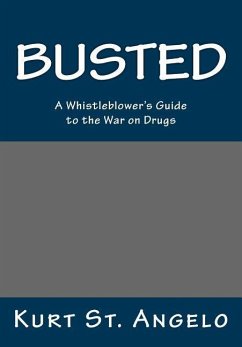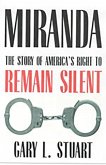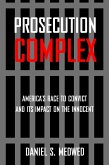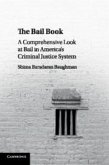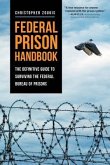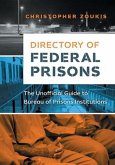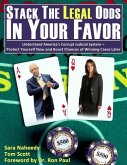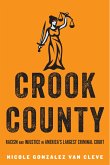BUSTED - A Whistleblower's Guide to the War on Drugs is an exposé about the illegality of America's drug war. The book shows that America's drug laws are good (because they are consistent with the republican form of government as promised in the U.S. constitution), but that government officials do not follow these good laws. America's drug war exists - not because of the state and federal Controlled Substances Acts, but in spite of them. Using Indiana and U.S. law as a basis of discussion, the book shows 1) that drug dealing is regulated in administrative law courts of the executive branch - not criminally prosecuted in the judicial branch, and 2) that drug possession is not only a constitutionally-secured natural right, but is also a statutory right within most of America's state republics, which behavior is not subject to any court. As well, the book demonstrates that the United States has no criminal jurisdiction over interstate drug dealing, but instead is to regulate all such commerce. The Supreme Court's leading drug case Gonzales v. Raich (2005) upholds only the DEA's power to regulate - not criminally prohibit - disfavored drugs. The separation of powers doctrine and the case and controversy requirement preclude state judicial and Article III courts from adjudicating matters of non-injurious drug commerce, which are administrative and not justiciable. Governments' ultimate remedies over unwanted commerce, i.e., property forfeiture and injunction, operate strictly in non-criminal equity. As the Supreme Court in Ohio v. Helvering (1943) told us: the police power with regard to business is regulatory - not prohibitory. Drug commerce is regulated, not prohibited. Although this book is about the fraud of drug prohibition as an intentional misrepresentation of law, it uniquely also 1) dissects legislative and subject matter jurisdiction, 2) explains the meaning of a republican form of government, which is a constitutional entitlement, and 3) demonstrates the natural law basis of crime, citizenship, marriage, production and lawful possession. Readers will find this information and original analysis nowhere else.

